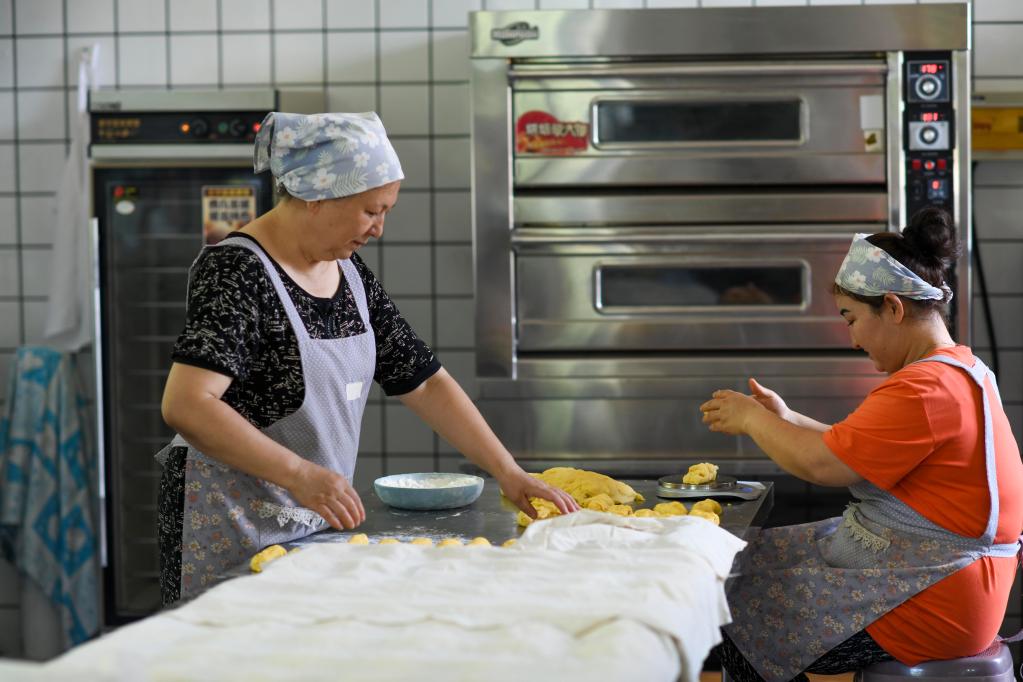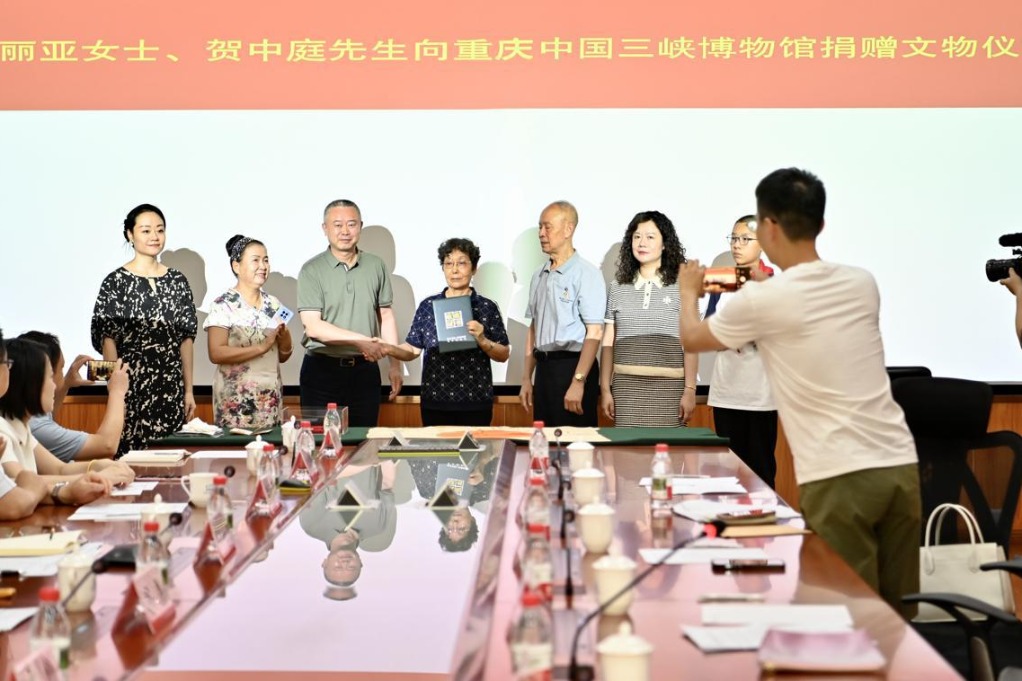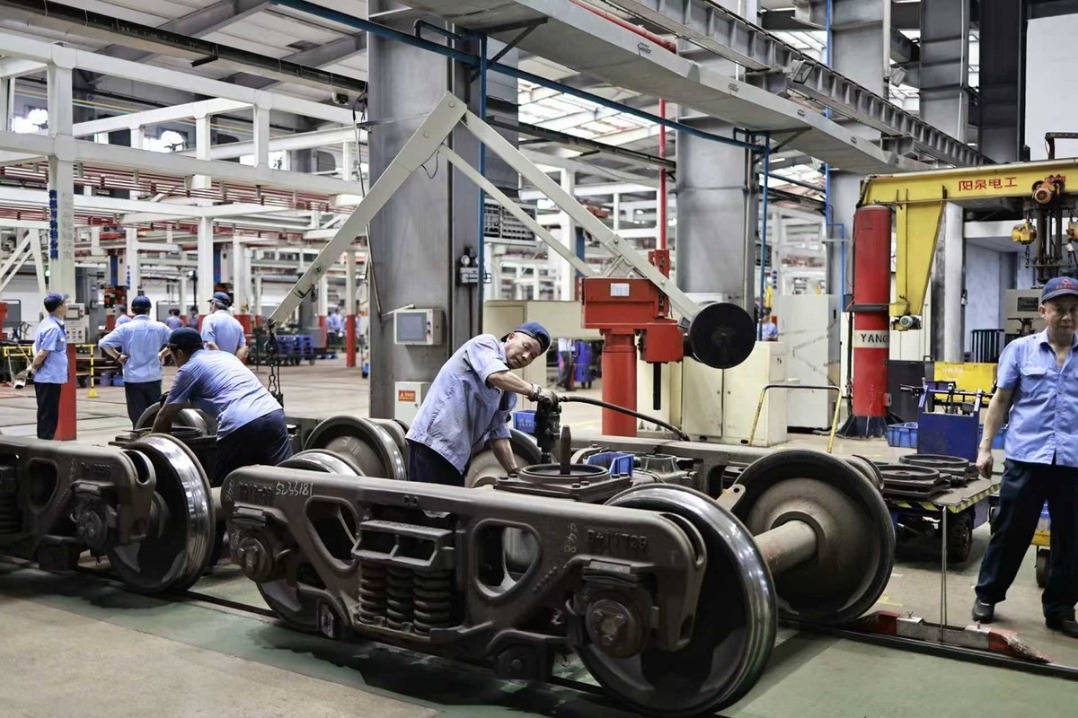Xinjiang makes strides in social development, people's livelihoods


URUMQI -- Over the past decade, Northwest China's Xinjiang Uygur autonomous region has made continuous advances in social development and improvement of people's livelihoods, according to a press conference on Saturday.
In 2021, Xinjiang's GDP reached nearly 1.6 trillion yuan (about $232.8 billion), doubling the figure in 2012, said Ma Xingrui, secretary of the Xinjiang Uygur Autonomous Regional Committee of the Communist Party of China.
Over the past decade, more than 70 percent of Xinjiang's fiscal spending has gone to the improvement of people's livelihoods. Three years of preschool education and nine years of compulsory education are free across Xinjiang's vast rural areas, and the four prefectures in southern Xinjiang offer 15 years of free education.
Xinjiang has fully implemented the Party's ethnic policies over the past decade, promoting extensive exchange and integration among people of all ethnic groups.
At the press conference, Erkin Tuniyaz, chairman of the Xinjiang regional government, said that Xinjiang has continued to develop the core area of the Silk Road Economic Belt and strengthened economic and trade exchanges with countries along the Belt and Road.
Xinjiang has signed 21 cooperative agreements with 25 countries and international organizations, and established economic and trade relations with 176 countries and regions, according to Erkin Tuniyaz.
- Recall vote shows 'Taiwan independence' separatism doomed to fail
- China holds third rehearsal for event marking 80th anniversary of victory over Japanese aggression, fascism
- Central delegation returns to Beijing after attending anniversary celebrations, inspections in Xizang
- KMT continues triumph in second round of recall vote
- China's anti-graft chief urges further improving discipline inspection work
- Hong Kong to release 2025 policy address on Sept 17





































